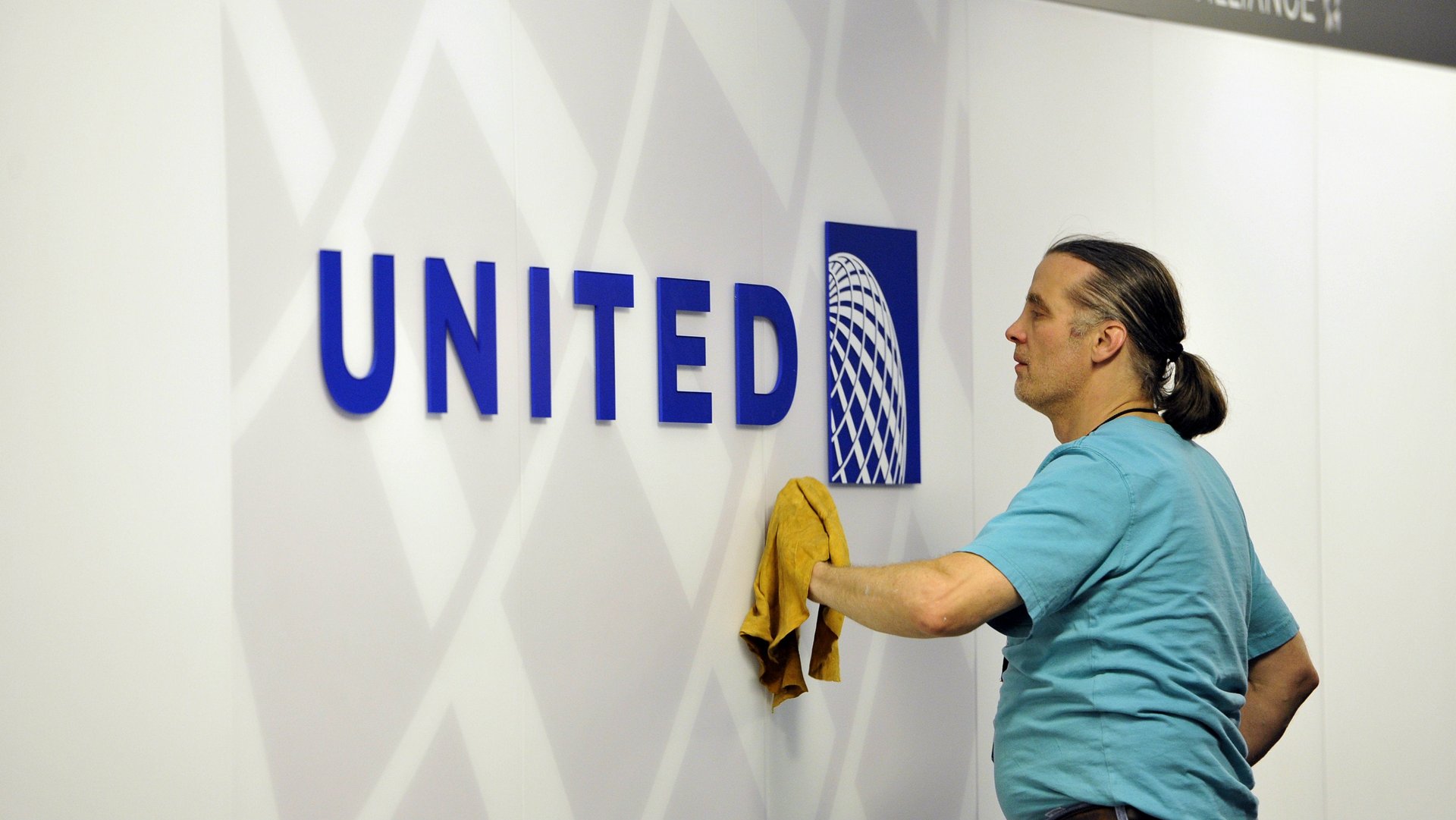United’s public image can’t get any lower—but will it actually lose customers?
In terms of corporate reputation, it’s hard to think of a situation much worse than killing a puppy. In a world full of terrible things, a puppy’s moral authority is nearly absolute.


In terms of corporate reputation, it’s hard to think of a situation much worse than killing a puppy. In a world full of terrible things, a puppy’s moral authority is nearly absolute.
But for a company that’s become synonymous with PR and customer service catastrophes in the past 18 months, taking “full responsibility” for a passenger’s dead puppy is just the latest in a series of customer upsets for United Airlines. There was the violent dragging of a passenger off a plane (and the botched apology that followed), policing the clothing choices of two female passengers, and two other high profile animal deaths on the airline in 2017. To boot, they also enraged a large swath of US gun enthusiasts when they ended travel discounts offered to NRA members.
With this latest incident, United appears to have reached a new low point, even though their apology was deemed to be slightly better this time. In an industry where customer sentiment is already markedly poor—according to the American Customer Satisfaction Index, airlines place in the bottom third of industries—it’s worth asking if this series of very unfortunate events will now begin to affect the airline’s ticket sales.
After all, research shows that price is the key motivator for leisure travelers booking flights, not satisfaction (although business travelers are said to be motivated by loyalty programs). The question now is if United’s image has fallen so far that passengers will actively avoid it—even when it’s offering the cheapest or most convenient ticket.
If you consult Twitter’s outrage machine, the great United boycott seems to already be underway. Influencers, pundits, gun enthusiasts, and animal lovers are just some of the accounts jumping on the #BoycottUnited tweet-storm. And on a platform where horrific, heartbreaking news isn’t hard to come by, the death of a helpless French bulldog is no less shocking.
Similar levels of ire were seen after United’s gaffes last year. But in July of 2017, just three months after Dr David Dao’s dragging off the plane went viral, both United’s profits and sales were up. It should be said that United enacted several policy changes in how it deals with overbooked flights in response to the incident, which could have helped their case. But ultimately, a hashtag boycott is not enough to prove that passengers are fed up enough to book elsewhere. As Americus Reed, professor of marketing at Wharton School of Business, wrote in the New York Times [paywall] “intent to boycott must be followed up by action.”
That said, if United were out to test the theory that passengers really are only motivated by price—that there is no low too low—a puppy dying at the hands of staff failure is a pretty good way to do it.